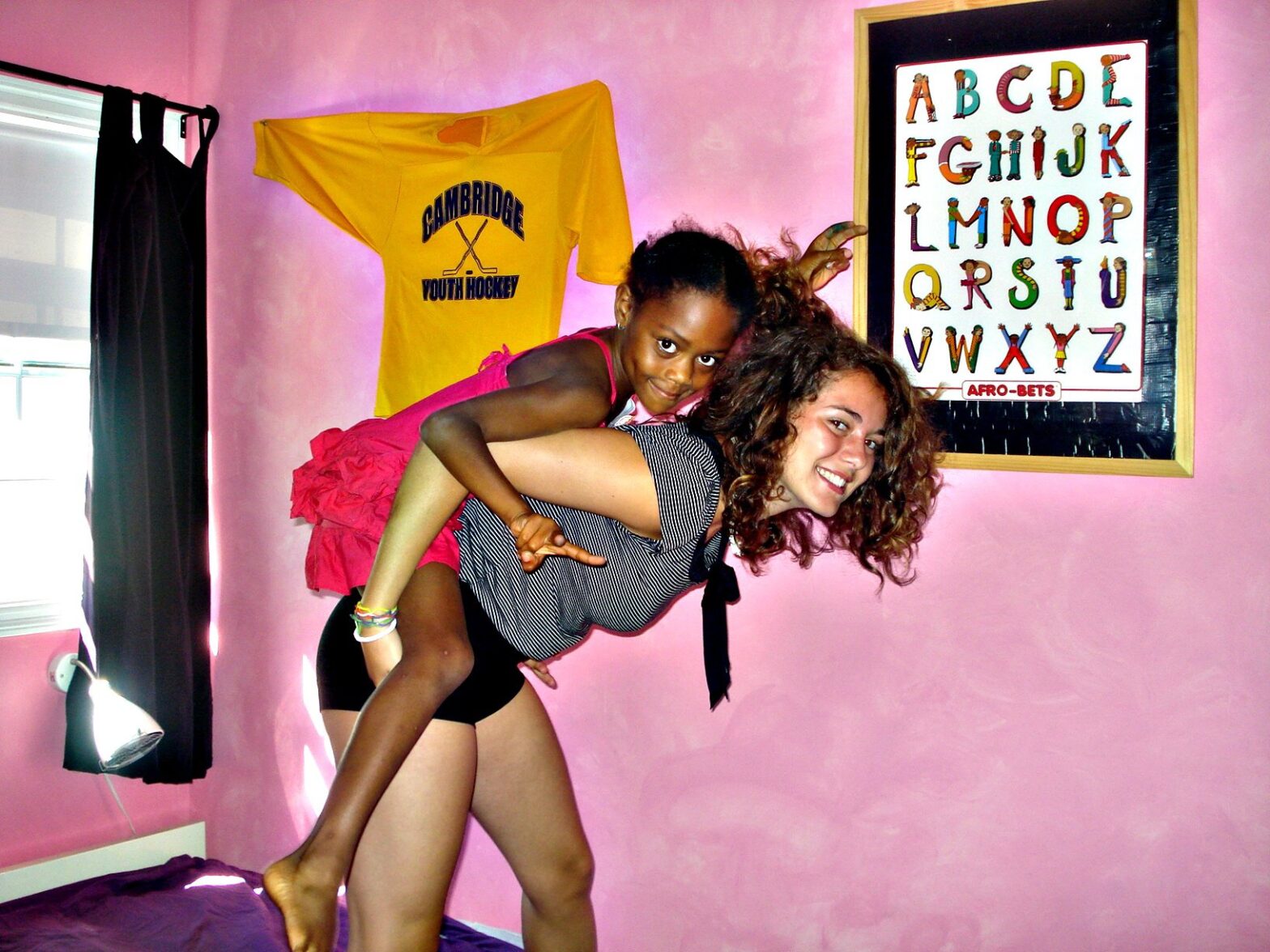Carol Dweck’s research on “growth mindset” supported my work with adults and children struggling with speech and language challenges. Early in my career working with elementary, middle and high school students, the biggest challenge was getting students to produce. No grades were given, the work being done was in the most difficult areas and many …
Continue reading “Fostering Growth Mindset in Students with Speech & Language Challenges”




